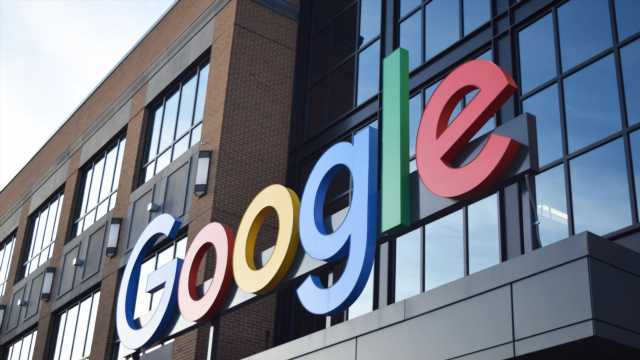Internet giant Google’s new ad policy has gone into effect. The company now allows certain cryptocurrency ads, such as those promoting cryptocurrency exchanges and wallets. Advertisers must meet certain requirements and be certified by Google.
Google Now Allows Some Crypto Ads
Google’s new ad policy for financial products and services, announced in June, has gone into effect. A notice on the internet giant’s website details:
Beginning August 3, advertisers offering cryptocurrency exchanges and wallets targeting the United States may advertise those products and services when they meet the following requirements and are certified by Google.
To be certified by Google, advertisers must either be registered with the Financial Crimes Enforcement Network (FinCEN) as a money services business or be a federal or state-chartered bank. They must also comply with relevant legal requirements and their ads and landing pages must comply with Google’s advertising policies.
In 2018, Google banned ads relating to “Cryptocurrencies and related content (including but not limited to initial coin offerings [ICOs], cryptocurrency exchanges, cryptocurrency wallets, and cryptocurrency trading advice)” as well as ads for crypto-related “aggregators and affiliates.” Google subsequently allowed select crypto ads in the U.S. and Japan.
In June last year, a class-action lawsuit was filed against Google, Facebook, and Twitter for banning cryptocurrency ads by Sydney-based law firm JPB Liberty.
While the new policy allows certain crypto ads, Google still does not allow ads for ICOs, defi trading protocols, and those “promoting the purchase, sale, or trade of cryptocurrencies or related products.” Moreover, “Ad destinations that aggregate or compare issuers of cryptocurrencies or related products” are prohibited.
One of the prohibited ad categories is “celebrity cryptocurrency endorsements.” Many scams have taken advantage of Google and Youtube to promote fraudulent bitcoin giveaways. Apple co-founder Steve Wozniak sued Google and Youtube in July last year for promoting bitcoin giveaway scams using his name and likeness. However, the court ruled in Google’s favor.
Source: Read Full Article
